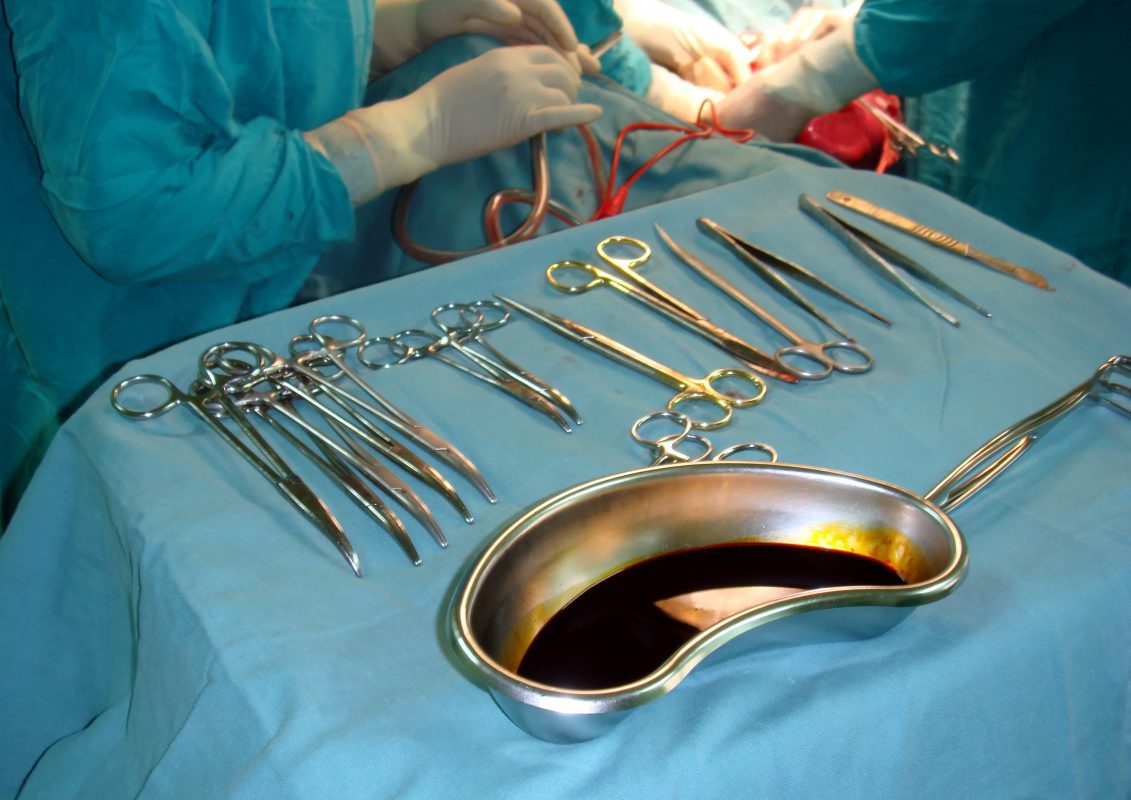Adnan Sharif, Consultant Nephrologist at University Hospitals Birmingham discusses kidney transplants and the impact it has on the patient and their quality of life.
Chronic kidney disease affects over 10% of the UK population and can progress to end-.stage kidney disease, requiring renal replacement therapy in the form of either dialysis treatment or transplantation. As of December 2011, there were more than 53,000 patients in the UK on renal replacement therapy with a 4% annual growth. The cost of dialysis ranges between £20,000 to £40,000 per patient per year (depending upon dialysis modality) and the NHS is estimated to be spending 1.5% of its total annual budget on providing renal replacement therapy, despite this representing only 0.05% of the population. The prevalence of renal replacement therapy is expected to rise with the ageing population and increasing rates of risk factors for chronic kidney disease (e.g. diabetes mellitus, hypertension), as well as increasing the survival of patients already on renal replacement therapy. However, despite this increased survival, over a third of patients on renal replacement therapy (especially dialysis) will die within 5 years of developing end-stage kidney disease.
Kidney transplantation is championed as the gold standard treatment for patients with end-stage kidney disease as it has been demonstrated to have superior mortality rates versus dialysis. It also leads to improvements in the quality of life for the majority of patients and represents significant cost savings for the NHS. However, kidney transplant recipients require lifelong specialist care due to the potent antirejection therapy required for the longevity of the transplant, associated with increased risks of cardiovascular disease, infection and cancer, and expert care is essential to achieve a fine balance between the risks and benefits of anti-rejection therapy post kidney transplantation. Kidney specialists who look after patients with end-stage kidney disease make a careful assessment of kidney transplant candidates to determine their suitability for the rigors of transplantation, with meticulous counselling of the likely expectations and outcomes after receiving a kidney transplant. The transplant professional therefore guides patients with end-stage kidney disease to make an informed decision with regards to whether kidney transplantation is the right choice for them.
Due to the disparity between supply and demand for kidneys, the average national wait for a kidney transplant from the deceased-donor national waiting list is 3 years. Living donor kidney transplantation, where loved ones donate one of their healthy kidneys for transplantation, has been on the increase over the last decade and may soon represent half of all kidney transplants performed in the UK. This represents an excellent opportunity for recipients of such kidneys due to a number of benefits; pre-emptive kidney transplantation can occur in a timely fashion with shorter wait, better patient survival and improved long-term kidney allograft survival. The well-being of the donor takes priority in such transplants, with careful assessment of both short- and long-term medical risks. In such cases, the transplant professional will make a decision as to the suitability of any potential donors in line with national guidelines. Although there is no denying the significant emotional benefit associated with donating a kidney to a loved one, the absence of any personal medical benefit means we must follow a rigorous pathway for willing candidates to donate one of their kidneys that is robust, comprehensive and evidence-based. Post living kidney donation, although long-term risks for hypertension, end-stage kidney disease and death are lower compared to similar aged people in the general population, all donors are encouraged to remain under long-term review for surveillance as an additional safety check. This represents the commitment from the NHS to ensure the excellent outcomes associated with living kidney donation are maintained. There are numerous resources available to guide and advise willing donors in the general population, both medical and nonmedical based. Groups and charities advocating living kidney donation, especially altruistic kidney donation to a stranger, have proliferated and are leading major campaigns to promote kidney donation and provide information with regards to the safety and risks associated with kidney donation.
Transplantation is a rapidly evolving field with scientific advances propelling the field further than ever before. It is essential that all staff involved with transplantation are kept abreast of the latest advances, and continued professional development forms an important component of the training and development for all staff involved with transplantation. Organ transplantation is a major medical success story of the last 50 years and the NHS is committed to ensuring every opportunity to offer this life saving treatment to suitable candidates are explored in the context of a safe and equitable framework.
Adnan Sharif
Consultant Nephrologist
University Hospitals Birmingham – NHS Foundation Trust
Tel: +44 (0)121 371 5861











